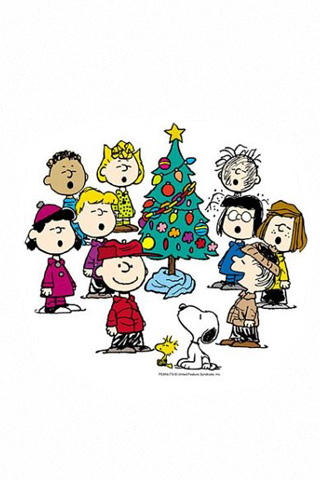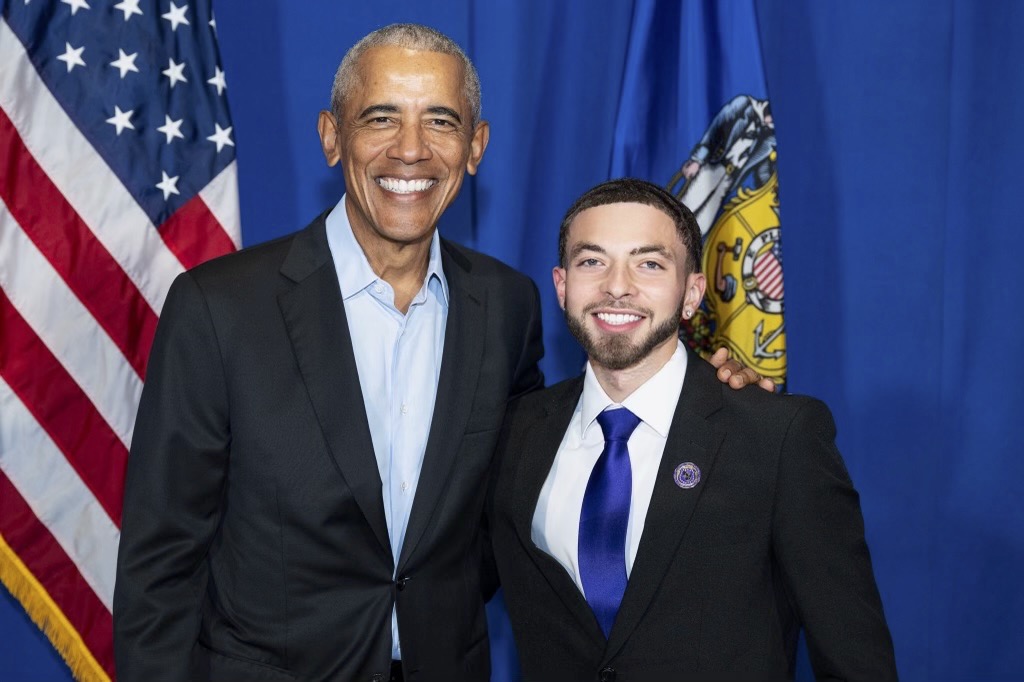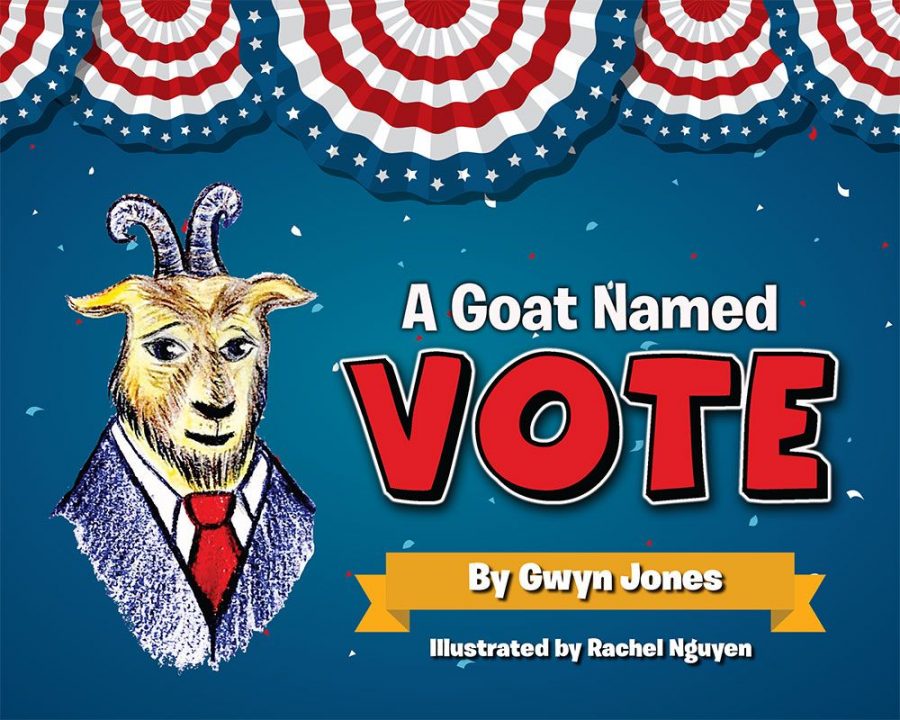
Those who watched the presidential debate last week or read coverage of the event were left talking about one thing: Big Bird.
How did a giant, yellow, feathered children’s television star become the symbol of a debate between the candidates vying to lead our country?
We believe voters should focus on Main Street, not Sesame Street.
One small remark should not take precedence over real issues discussed in the debate. Big Bird appeared on Twitter and news broadcasts after Republican presidential candidate Mitt Romney mentioned ending government subsidies to the Public Broadcasting System as a possible means to reduce the national debt.
“I’m going to stop the subsidy to PBS. I’m going to stop other things. I like PBS, I love Big Bird,” Romney said. “But I’m not going to – I’m not going to keep on spending money on things to borrow money from China to pay for. That’s number one.”
Since then, Obama’s camp has used Big Bird and a call to “Save Sesame Street” in recent campaign material.
Interestingly enough, the people at Sesame Street asked the Obama campaign to take down the ad because they did not wish to be a talking point this election.
Yes, using a Sesame Street character to make a point in a presidential debate is humorous, but we should not let distractions fog our perception of the presidential race.
Funding for public broadcasting amounts to only 1/10,000 of the nation’s budget, according to The Washington Post. In the current economic climate, we should not be focusing on one budget cut that would have virtually no effect on reducing the nation’s deficit.
In light of the country’s strong political division, commentators have also become obstacles when trying to find meaning and truth in the candidate’s points.
Post-debate coverage bordered on lunacy. News channels were filled with emotional and frantic talking heads. Many of these discussions focused on the candidates’ debate style, not the issues at hand.
Yes, Jim Lehrer, the moderator and long-time reporter for PBS, lost control of the debate, but it is the content of the messages that should matter, not how they are presented or who jokes about what.
Voters must work to dig deeper beyond these distractions and search for their true opinions on the candidates’ platforms. We should not be sidetracked by these antics, nor let them define the 2012 presidential election. We must focus on the issues that matter most to today’s voters: the deficit, job creation and healthcare.
According to NewsDay, Google’s top four search terms during and after the debate were “Simpson-Bowles (the bipartisan fiscal commission Obama appointed); Dodd-Frank (a Democratic-backed financial reform law); Who is Winning the Debate; and Big Bird.”
We commend those who researched Simpson-Bowles and Dodd-Frank. These points of the debate were important to the party platforms and should have made more of an impact on readers than Big Bird.
By keeping their hysterics in check, commentators and pundits can help facilitate useful discussion about the implications of debates instead of adding to the madness. This election season has been a whirlwind, and we don’t need to make it any more of a circus.
In preparation for tonight’s vice presidential debate, we urge readers to focus on the issues that affect them and the candidates’ stances. Don’t let yourself be fooled by the distractions.






